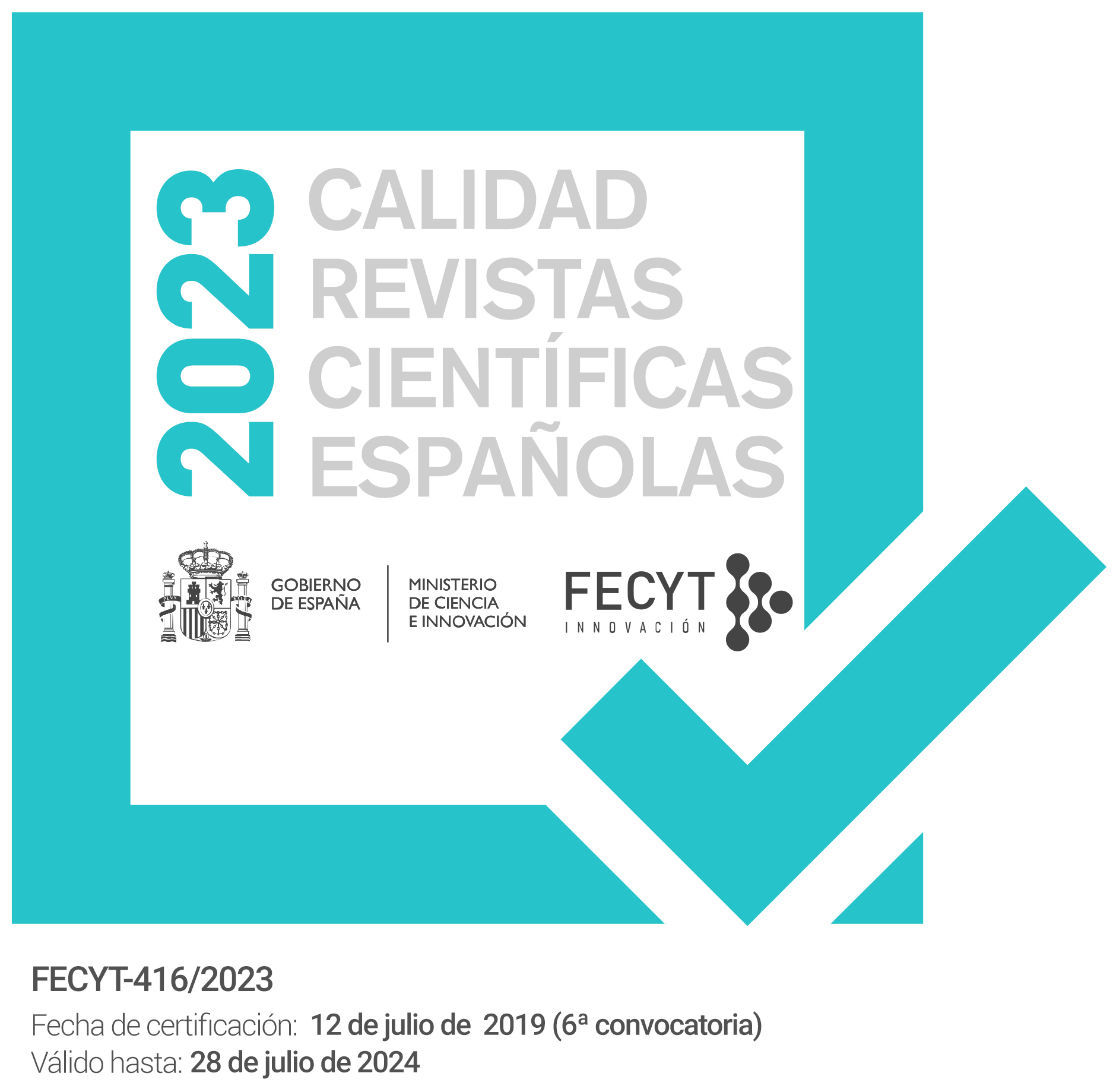El auge y el declive de las culturas del África Occidental (o Atlántica) / The Rise and Fall of West (or Atlantic) African Cultures
Keywords:
aprendizaje, culturas negro-africanas, aculturación, poder tradicional y moderno, enculturación exógena, occidentalización, learning, black-African cultures, acculturation, traditional and modern power, exogenous enculturation, WesternizationAbstract
Cada uno de los pueblos negro-africanos presenta un perfil cultural que le hace ser singular y esencialmente semejante a otros, como parte importante de un todo cultural, algunas veces difícil de determinar explícitamente. Los procesos que definían a los negro-africanos experimentaron una acelerada transformación debido al choque cultural que vivieron durante casi cinco siglos de su historia. Este choque debilitó sus estructuras culturales, creando Estados con lenguas extranjeras oficiales, religiones de importación, escuelas desvernacularizadas, etc., y desplazando los tradicionales sistemas sociopolíticos negro-africanos. Esta fuerte aculturación del África negra se ve fortalecida por la dominancia de la cultura exógena, que impide la reconfiguración etnocultural de sus habitantes y sociedades. Este es el gran reto de su futuro: fortalecer sus diversidades y enseñar a sus habitantes a aprender a ser africanos.
Each black African peoples presents a cultural identity that makes it unique and essentially similar to others, as an important element of a whole culture, sometimes difficult to determine. The processes that defined black Africans experienced a accelerated transformation due to the culture shock lived for five centuries of their history. This shock weakened their cultural structures, creating states with official foreign languages, imported religions, acculturated schools, etc., and replacing the traditional black-African socio-political systems with Western models. This strong acculturation of black Africa was strengthened by the exogenous culture dominance; avoiding the ethno-cultural reconfiguration of its people and societies. This is the great challenge of their future: to strengthen African diversities and to teach the people to learn to be Africans.
Downloads
Downloads
Issue
Section
License
The articles are open access distributed under the terms of the Creative Commons Attribution-NonCommercial-NoDerivatives (CC BY-NC-ND) Spain 4.0 license. Authors who publish in this journal agree with the following terms:
a) Authors retain the copyright and guarantee the journal the right to be the first publication of the work as well as licensed under a Creative Commons Attribution License that allows others to share the work with a recognition of the authorship of the work and the Initial publication in this magazine.
b) Authors may separately establish additional agreements for the non-exclusive distribution of the version of the work published in the journal (for example, place it in an institutional repository or publish it in a book), with recognition of its initial publication in this magazine.
c) Authors are allowed and encouraged to disseminate their work electronically (for example, in institutional repositories or on their own website) before and during the submission process, as it may result in productive exchanges, as well as a earliest and largest citation of published works (See The Effect of Open Access).



